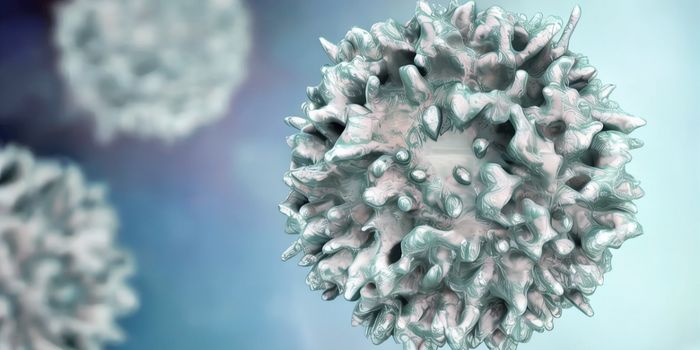Ovarian cancer strikes terror in women, because symptoms may not be apparent until it is too late for appropriate treatment. There are few reliable early detection tests and few treatment options.

According to the Centers for Disease Control, all women are at risk for ovarian cancer, but older women are more likely to get it. Approximately 90 percent of women who get ovarian cancer are older than 40, and the greatest number are 60 or older. Annually, about 20,000 women in the United States get ovarian cancer. It is the eighth most common cancer and the fifth leading cause of cancer death in American women (http://www.cdc.gov/cancer/ovarian/pdf/ovarian_facts.pdf)
Researchers at Lawson Health Research Institute in London, Ontario,
Canada have discovered a new target for ovarian cancer therapy. Contradicting other research, the Lawson study discovered that LKB1, a molecule that regulates the metabolism of many adult cells, makes the cancer cells lethal and resistant to chemotherapy. Lawson's Dr. Trevor Shepherd, who is solely dedicated to finding a cure for ovarian cancer, grows cancer cells in 3D structures, called "spheroids," to understand how they grow in patients. The sticky spheroids can attach themselves to different organs, but in the laboratory "they can sit dormant and unnoticed for months or years before growing and becoming resistant to chemotherapy," the article ."Intact LKB1 activity is required for survival of dormant cancer spheroids," Oncotarget, July 2015, explains (http://www.sciencedaily.com/releases/2015/07/150722101841.htm).
Dr. Shepherd's laboratory recently found that the spheroids activate a "stress signal." The key molecule that controls the signal is called LKB1, a primary upstream kinase of adenine monophosphate-activated protein kinase (AMPK), a necessary element in cell metabolism.
Acccording to Dr. Shepherd, "Previous studies stated that LKB1 was a tumor suppressor in ovarian cancer, meaning that tumor cells need to get rid of LKB1 to cause cancer, but our work is in direct conflict with these studies. We definitively show that ovarian cancer cells still have LKB1 and that this molecule allows ovarian cancer spheroids to change their metabolism, promote tumor cell survival and make them more resistant to chemotherapy."
By rebutting the other studies, Dr. Shepherd has discovered a target that has potential for new therapy options. As he says, "There are currently no therapies or drugs that target LKB1. Based on these findings, our lab is exploring several different strategies to understand and target LKB1 and its related molecules in ovarian cancer spheroids and developing the essential pre-clinical models to see if this can be translated to ovarian cancer patients."









